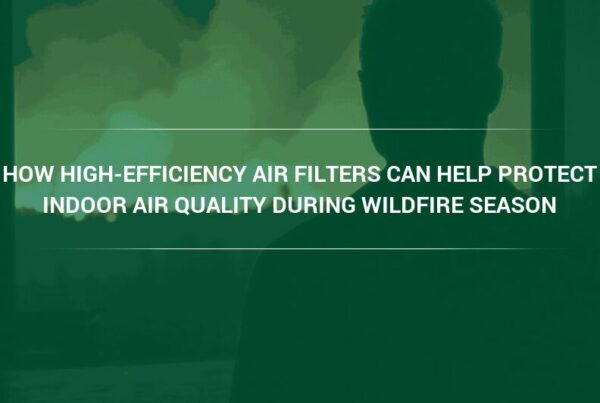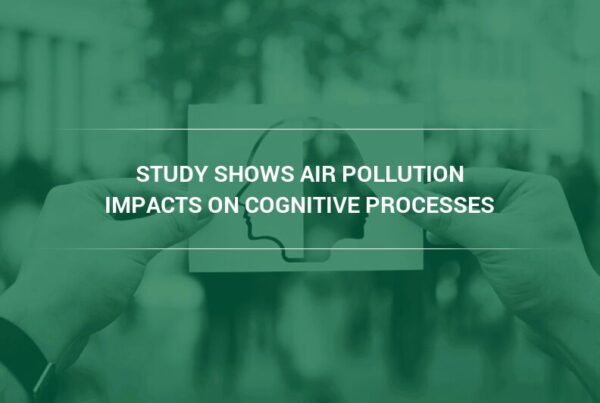When it comes to indoor air quality, few places have needs and requirements as demanding as hospitals and medical centers. Not only can patients’ conditions be aggravated by airborne dust and allergens, but many diseases and illnesses can be spread through the air as well.
Clean But Still Contaminated
The need for a medical facility to remain clean can sometimes become a double-edged sword. There is an obvious need to remove harmful virus and bacteria from the environment, but the cleaning products used to do so can leave behind all kinds of pollutants that are harmful to staff and patients in other ways.
Cleaning products, paints and floor finishes often contain volatile organic compounds (VOCs) which are released into the air during and after use. Many times the fragrances used to give these cleaning products their sweet or clean smell are actually the worst offenders. It could actually be that the better a room smells, the worse the air quality in that room actually is.
These types of contaminants in the air are known to be bad for people with respiratory problems, allergies and asthma, but it’s worse for regular staff. The entire staff of a facility is exposed to these substances in the air several times per day over long-term periods. The resulting health problems from this kind of exposure can become serious.
Getting Sick From Going To The Hospital
According to estimates from the Center for Disease Control and Prevention, more than two million people in the United States become ill as a result of antibiotic-resistant infections, with at least 75,000 of those people dying. Healthcare associated infections are actually responsible for claiming the lives of more people every year than AIDS, auto accidents and breast cancer combined.
Healthcare associated infections, also known as hospital acquired infections, or HAIs, are transmitted in many different ways. They can be passed from person to person through physical contact, through the use of injections or through insertion of medical devices. The most common vectors for transmission, however, are airborne contact with open wounds and breathing airborne particles.
Air Filtration Aids Prevention
Air filtration is considered to be a primary defense against the transmission of airborne diseases and bacteria. With each complete change of air in a given environment, virtually all of the contaminants can be removed, dramatically reducing the risk of transmission between patients and staff.
In addition to removing infectious particles from the air, a good filtration system will also remove other pollutants and irritants such as gases, VOCs, dust and chemicals left behind by cleaning products.
Negative Pressure Environments
In addition to filtration of the air, setting up negative pressure rooms in areas where infection sources are located can further reduce the spread of airborne pathogens.
Negative pressure is created by utilizing air circulation systems that are designed to make sure air flows only into (not out of) a specific area from adjacent rooms and corridors, preventing the escape and spread of contaminants to other areas. This is achieved by tuning ventilation systems so that more air is removed from a specific area through mechanical means than is supplied. The result is a negative pressure space that constantly draws air in from the outside.
Camfil Filters Make A Difference
Camfil has been developing and improving on air filtration technology for more than 50 years and has designed air filtration solutions for hospitals and healthcare facilities in every major global region.
Not only do Camfil’s filtration solutions remove particles from the air down to the sub-micron level, they are designed with the utmost efficiency in mind. Camfil solutions are recognized for their low energy-design, thanks to the use of high efficiency fans, energy-efficient filtration and reduced need for fresh air supply through effective filtration of recirculated air. In existing systems, just switching to Camfil premium air filters can reduce energy costs by 20% or more while lasting twice as long as traditional air filters.



